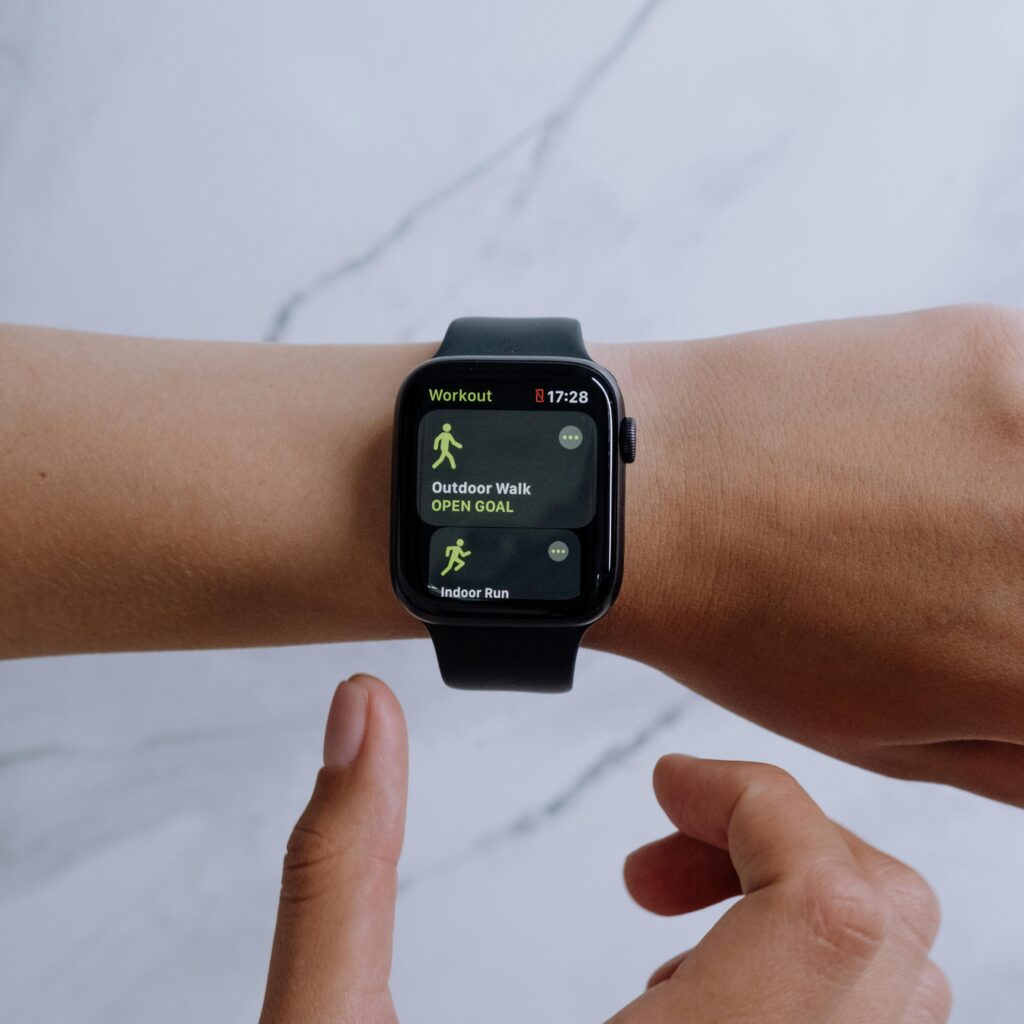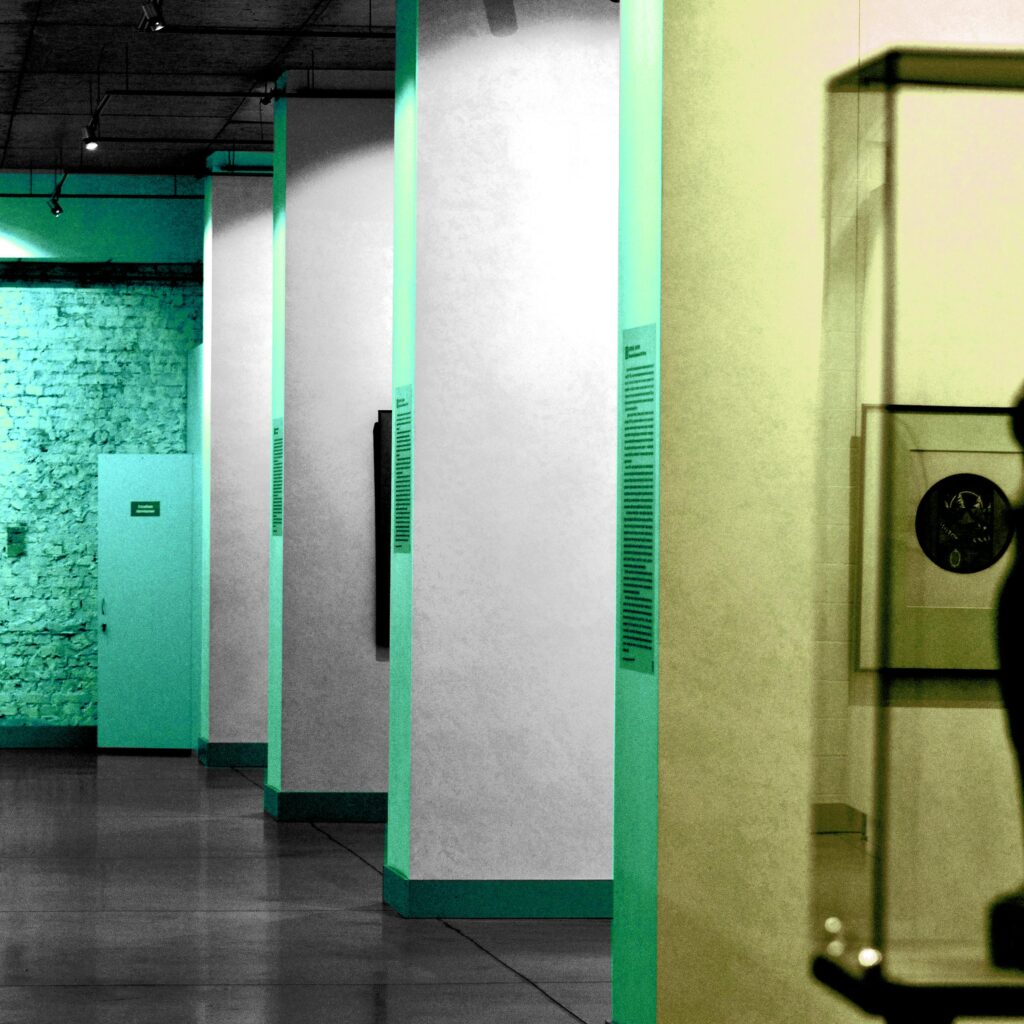In recent years, technology has transformed nearly every aspect of our lives, and healthcare is no exception. From the rise of telemedicine to the development of wearable devices and electronic health records (EHRs), innovations in technology are revolutionizing the way we access, monitor, and manage our health. In this blog post, we’ll explore the impact of technology on healthcare and delve into the advancements in telemedicine, wearable devices, and electronic health records. Join us as we uncover the ways in which these technological innovations are shaping the future of healthcare delivery and improving patient outcomes
Telemedicine
Bringing Healthcare to Your Fingertips Telemedicine, also known as telehealth, refers to the remote delivery of healthcare services using telecommunications technology. With telemedicine, patients can consult with healthcare providers from the comfort of their own homes, eliminating the need for in-person appointments and reducing barriers to access. Telemedicine services may include virtual consultations, remote monitoring, and telepsychiatry, among others.
Wearable Devices

Empowering Patients to Take Control of Their Health Wearable devices, such as fitness trackers, smartwatches, and medical sensors, are revolutionizing the way we monitor and manage our health. These devices can track vital signs, activity levels, sleep patterns, and more, providing valuable insights into our overall well-being. Wearable technology empowers patients to take a proactive approach to their health by allowing them to track their progress, set goals, and make informed decisions about their lifestyle and healthcare.
Electronic Health Records (EHRs)
Streamlining Healthcare Information Management Electronic health records (EHRs) digitize patients’ medical records and make them accessible to healthcare providers across different settings. EHRs streamline healthcare information management by providing a centralized repository for patient data, including medical history, diagnoses, medications, lab results, and treatment plans. This electronic documentation improves coordination of care, reduces errors, and enhances communication among healthcare providers, ultimately leading to better patient outcomes.
The Benefits of Technology in Healthcare
The integration of technology into healthcare offers numerous benefits for patients, providers, and healthcare systems alike. Some of the key benefits include improved access to care, enhanced patient engagement and satisfaction, increased efficiency and productivity, better communication and collaboration among healthcare teams, and reduced healthcare costs. By leveraging technology, healthcare organizations can deliver more personalized, timely, and effective care to their patients.
Challenges and Considerations
While technology has the potential to revolutionize healthcare, it also presents challenges and considerations that must be addressed. These may include concerns about data privacy and security, interoperability issues between different systems and devices, regulatory and legal barriers, disparities in access to technology, and resistance to change among healthcare providers and patients. Addressing these challenges requires collaboration, innovation, and a commitment to ensuring the ethical and responsible use of technology in healthcare.
Future Trends and Opportunities

Looking ahead, the future of technology in healthcare holds exciting possibilities for innovation and advancement. Some of the emerging trends and opportunities include the adoption of artificial intelligence and machine learning for predictive analytics and personalized medicine, the expansion of remote patient monitoring and virtual care platforms, the integration of genomics and precision medicine into clinical practice, and the continued development of digital therapeutics and health tech start-ups. These trends have the potential to further transform healthcare delivery and improve patient outcomes in the years to come.
Conclusion
Embracing the Potential of Technology in Healthcare In conclusion, the impact of technology on healthcare is profound and far-reaching, with innovations in telemedicine, wearable devices, and electronic health records revolutionizing the way we access, monitor, and manage our health. By harnessing the power of technology, we can overcome barriers to access, improve the quality and efficiency of care, and empower patients to take control of their health and well-being. As we continue to embrace the potential of technology in healthcare, let us work together to ensure that these advancements are leveraged responsibly and ethically to benefit patients and society as a whole.



